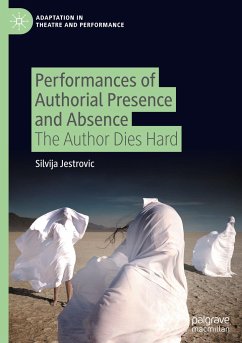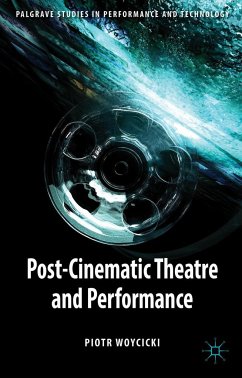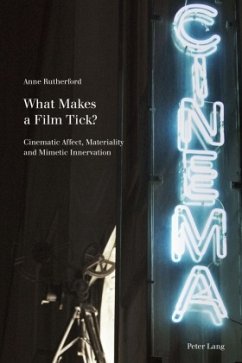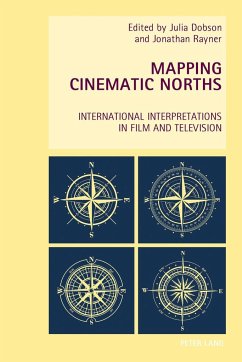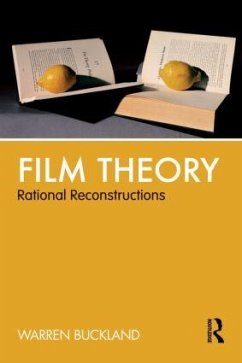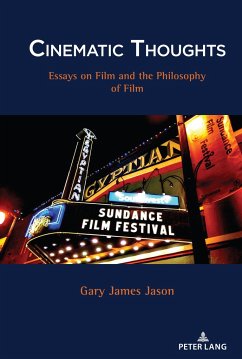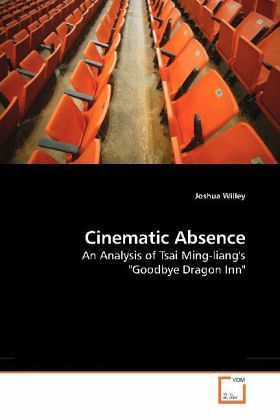
Cinematic Absence
An Analysis of Tsai Ming-liang's "Goodbye Dragon Inn"
Versandkostenfrei!
Versandfertig in 6-10 Tagen
32,99 €
inkl. MwSt.

PAYBACK Punkte
16 °P sammeln!
Have we entered the gloaming of the cinematic age? Have Youtube and Facebook driven the final nails in the coffin (first built by television) of the projector and the screen? If so, what ghosts linger in the lobbies, tear the tickets, change the reels? Tsai Ming-liang''s film "Goodbye Dragon Inn" bears witness to this haunting, and within it lies a deep allegory of our own relationship to the movies we watch; how they become us, and we become them. In a time of seemingly infinite media, what portals open when we turn our back on the bright lights, and look to the quiet, the dark, the empty, th...
Have we entered the gloaming of the cinematic age? Have Youtube and Facebook driven the final nails in the coffin (first built by television) of the projector and the screen? If so, what ghosts linger in the lobbies, tear the tickets, change the reels? Tsai Ming-liang''s film "Goodbye Dragon Inn" bears witness to this haunting, and within it lies a deep allegory of our own relationship to the movies we watch; how they become us, and we become them. In a time of seemingly infinite media, what portals open when we turn our back on the bright lights, and look to the quiet, the dark, the empty, the absent? Part film history, part textual analysis, and part literary theory, "Cinematic Absence" imagines what might be interpreted from the 2003 masterpiece, and what is at stake in said interpretation, both for audience and auteur.





